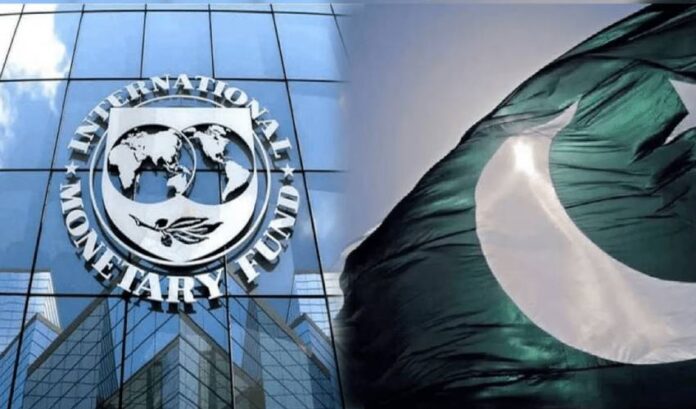Finance Minister Muhammad Aurangzeb expressed optimism that Pakistan would secure a $6 billion Extended Fund Facility (EFF) from the International Monetary Fund (IMF) this month.
The finance minister indicated that Pakistan would seek to augment the EFF with a climate resilience facility (CRF) once the initial program is in place. Although the exact size of the EFF has not been finalized, Aurangzeb remains hopeful for a positive outcome.
The CRF, a new facility with initial contributions of about $50 billion from wealthy nations, aims to assist countries vulnerable to climate change in implementing climate resilience reforms. Aurangzeb noted that while climate financing was not discussed in the current EFF negotiations, it would be pursued later.
He made these comments after briefing the National Assembly’s Standing Committee on Finance & Revenue about the ongoing IMF negotiations. The committee meeting was presided over by Syed Naveed Qamar, a PPP member and former finance minister.
He highlighted that the provinces had agreed, in principle, to the agricultural income tax, although detailed consultations were still needed due to the provincial nature of the tax.
Syed Naveed Qamar acknowledged that resistance to the agricultural income tax was understandable, given that it was a step not taken in many years.
Aurangzeb also addressed inflation, stating that while it is expected to increase slightly, there is still potential for a reduction in the State Bank’s policy rate.
He emphasised that macroeconomic indicators had improved recently and that the IMF program had helped restore financing from other multilateral institutions, such as the World Bank’s recent approval for the Dasu Dam project.
He assured that there are no artificial controls on imports or currency devaluation. Aurangzeb also discussed new tax measures on real estate, developers, and retailers, which have faced resistance from various segments.
Finance Secretary Imdadullah Bosal provided the committee with unemployment rate estimates, noting the government’s estimate at 6.3% for 2020-21, while the World Bank estimated it at 10.3%, the IMF at 8%, and the International Labour Organisation at 8.2%.




